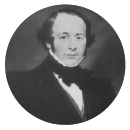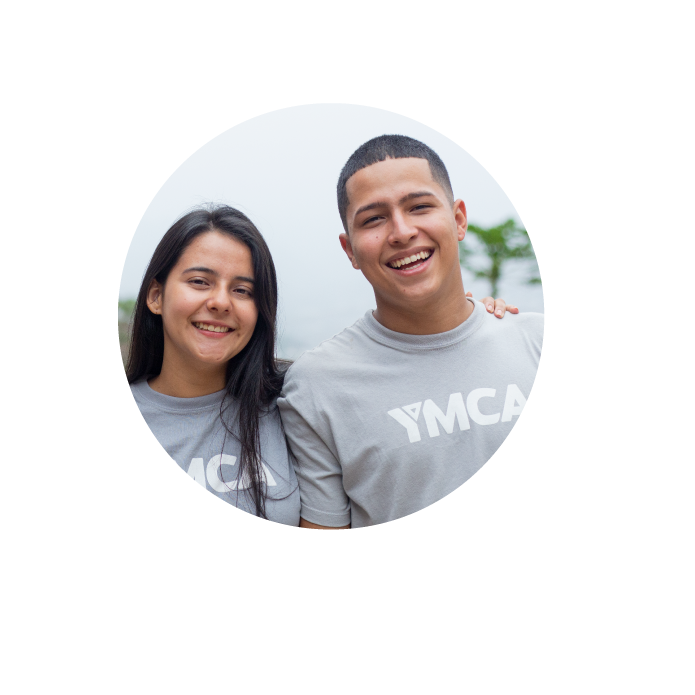
About Us

About Us
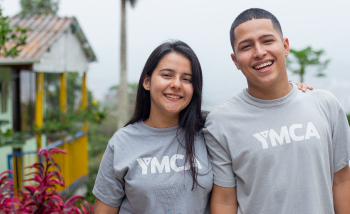
What drive us
¿Why?
We firmly believe that young people are crucial actors in transforming their communities in the region,
¿How?
We empower youth to build just, equitable, inclusive, and sustainable communities.
¿What?
We empower thousands of children and young people to become committed citizens who lead in the 21st century.
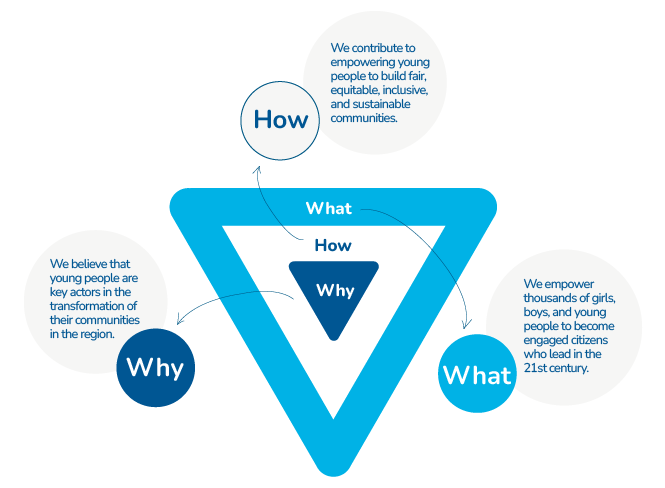
Making it possible
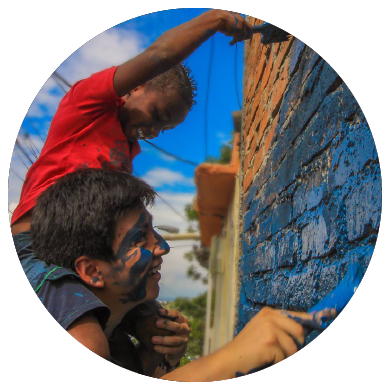
Just world
We believe in the power of the youth and their communities to work for justice, peace, equity, and human rights.

Community wellbeing
We believe that every person should have the means to grow and prosper, caring for their individual and collective wellbeing.
Meaningful work
We believe that every young person must have access to flexible, dignified and relevant work to build a sustainable life.
Sustainable planet
We believe in the commitment to protect the Planet to live in complete harmony with nature.
What we do
Our dream
Values that drive us
Solidarity
Honesty
Respect
Responsibility


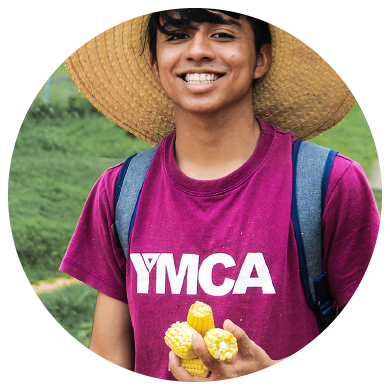
Our regional commitment
Reduce Inequality
Ethical Care
Drive the 2030 Agenda
We will promote the reconstruction of the social fabric as a protective factor and a means to enhance opportunities. We aim to align with the 2030 Agenda for Sustainable Development Goals as a transformative global vision towards the economic, social and environmental sustainability of the planet.
Promoting mental health
Creating safe spaces
Defending human rights
Advocating for communities
The YMCA must unite efforts to encourage educational, social, cultural, and productive projects promoted by authorities, to prevent youth and their families from falling into situations that exacerbate their social and economic conditions.
Integrating young people
Our Origins



